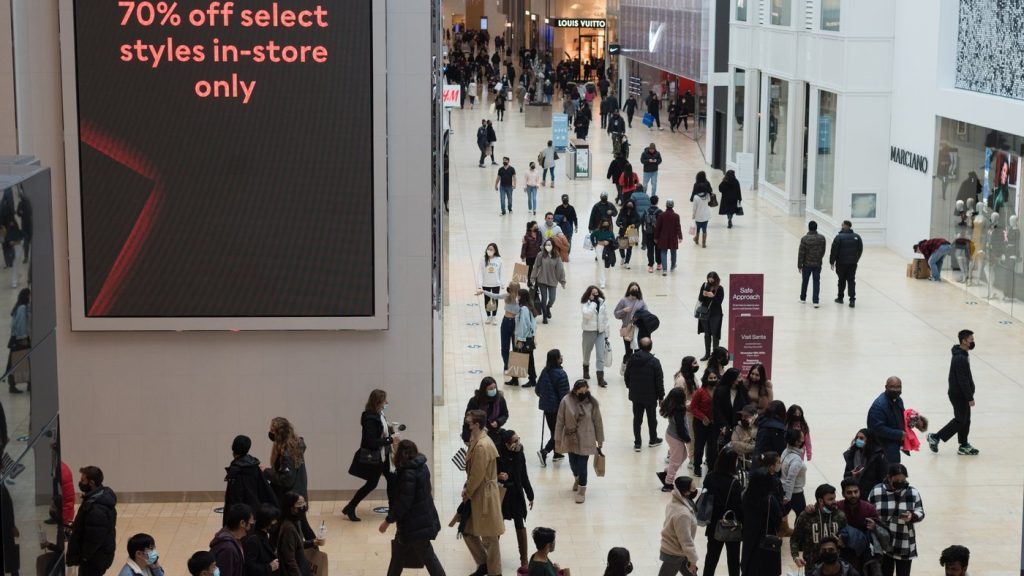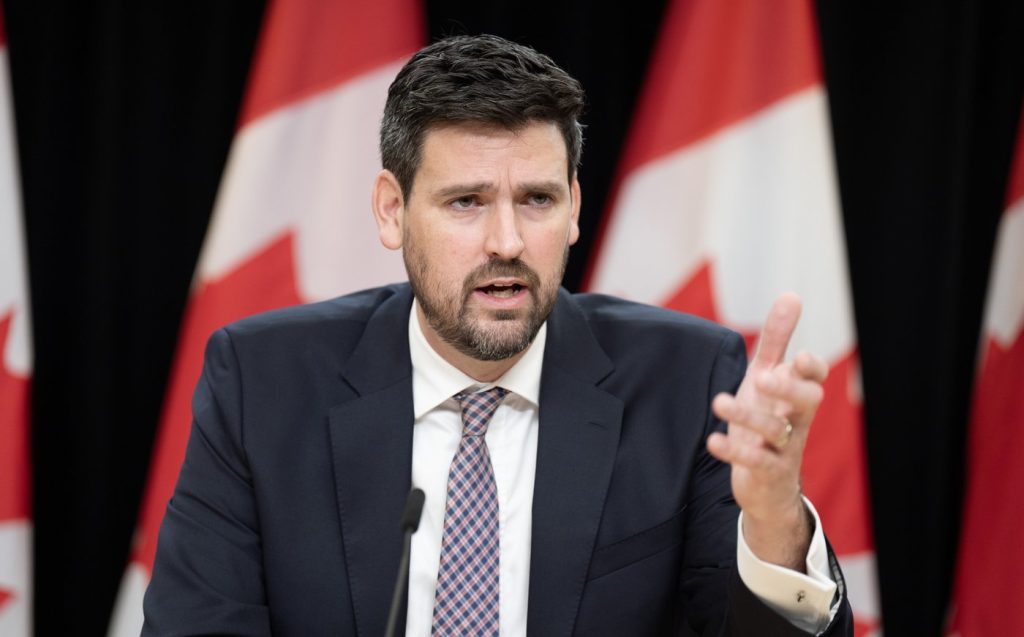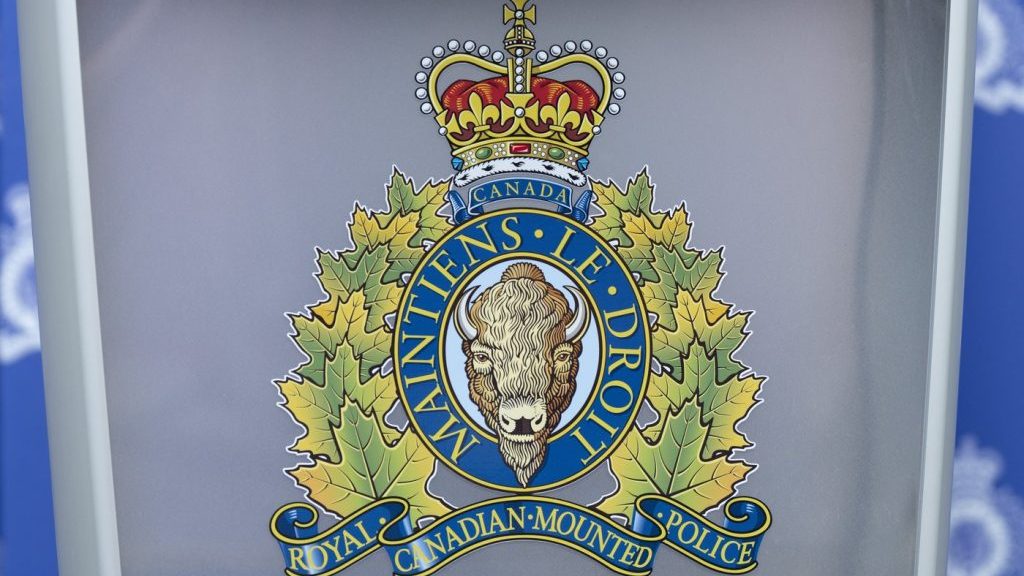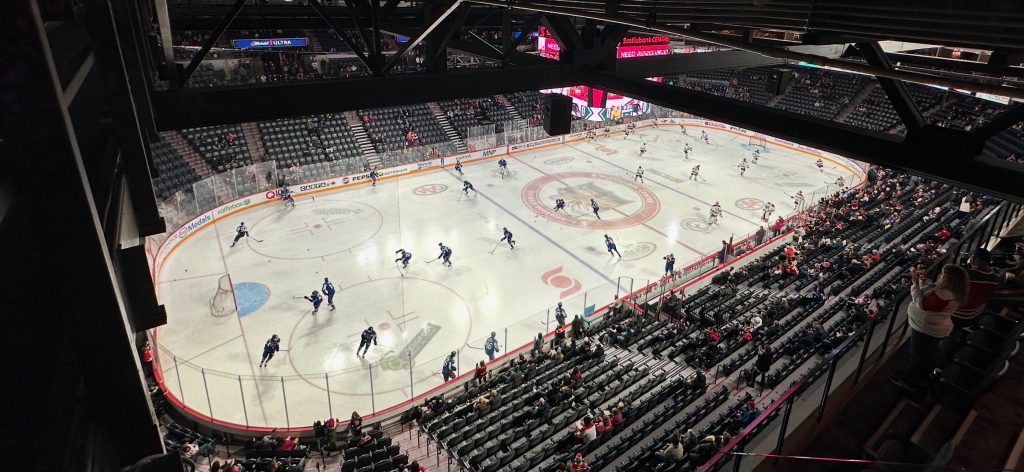Baltimore police fired 36 shots at armed man, bodycam recordings show
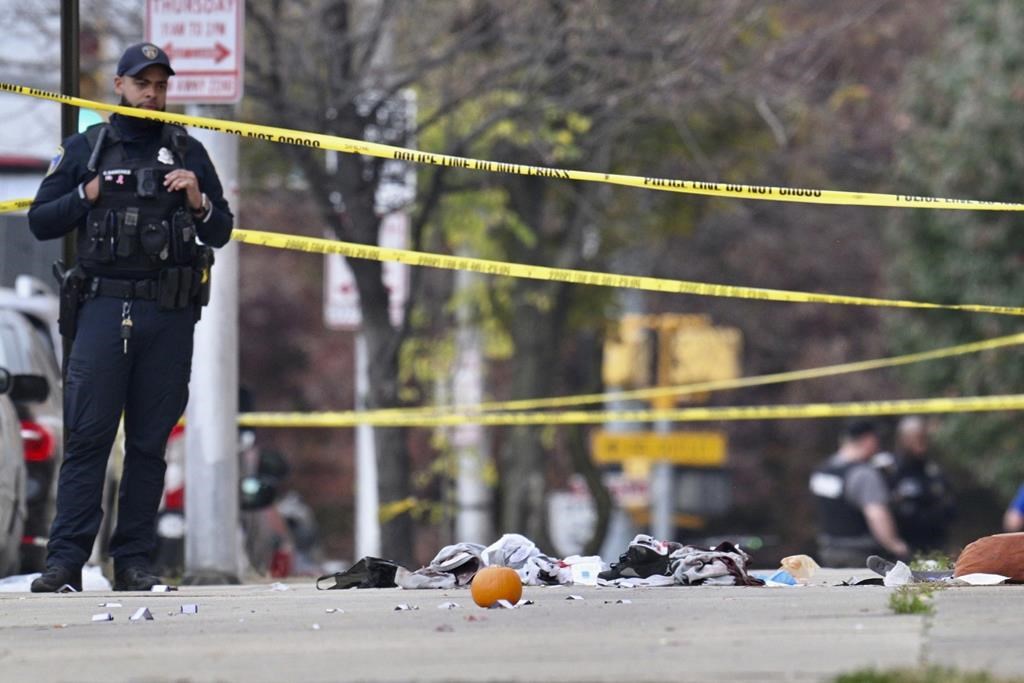
Posted Nov 17, 2023 05:42:21 PM.
Last Updated Nov 17, 2023 05:46:09 PM.
BALTIMORE (AP) — Four Baltimore police officers unleashed a barrage of deadly gunfire at a man who pointed a gun at them while fleeing last week, according to body-camera recordings released by the department Friday.
The officers fired three dozen shots, officials said during a press conference Friday afternoon at Baltimore police headquarters where they played the recordings and presented the department’s view of them.
The shooting occurred Nov. 7, when officers on a District Action Team — a squad focused on seizing illegal guns — were proactively patrolling in southwest Baltimore. A man later identified as Hunter Jessup, 27, was killed during a short foot pursuit. The videos show him appear to fire his own weapon before he’s struck by gunfire and falls to the sidewalk.
Officials said they haven’t determined how many times Jessup was shot.
In the aftermath of the shooting, some community members questioned whether his death was necessary. They said officers on the department’s specialized gun squads have a reputation for displaying overly aggressive behavior and escalating otherwise peaceful encounters, especially in that neighborhood.
But Baltimore Police Commissioner Richard Worley has commended the officers’ actions, saying they protected public safety in an area plagued by violence. He also said they yelled at Jessup multiple times to drop his weapon before opening fire.
“While it’s an unfortunate incident, the investigation is still going on,” he said, adding that officers will continue patrolling the area “to provide greater visibility and better response times with the goal of deterring and preventing violent crime.”
Worley said police are trained to “shoot to incapacitate” whenever they encounter someone they consider “a threat of deadly violence,” which often means continuing to shoot until the threat has passed. In this case, the officers fired 36 shots at Jessup, Worley said.
The entire interaction lasted less than a minute.
The videos show police in two vehicles talking with two men standing on a corner. The men lift their shirts in response to a request from the officers, who saw a “bulge” in Jessup’s clothing, officials said. Off-camera, he takes off running. Officers pursue him on foot and by car, converging on a sidewalk around the corner.
One officer jumps out of a vehicle and tries to tackle Jessup, despite the gun in his right hand, but he slips away. Others point their weapons at him, repeatedly yelling at him to “get on the ground” and “drop the gun.” Jessup keeps running and turns toward another officer as all four open fire.
During Friday’s news conference, officials pointed to a slowed-down version of the video that appears to show a bullet from Jessup’s gun striking a parked car. Officials said they’re still processing evidence to determine how many shots Jessup fired.
Worley said Jessup’s family members viewed the recordings from the four officers’ body cameras before it was made public.
A woman who answered the phone at a number listed for Jessup’s possible relative said she had no comment before hanging up.
Police said Jessup was under correctional supervision in a case from a different jurisdiction. They didn’t provide additional details about the case.
The Maryland Attorney General’s Office is investigating. Under a state law change that went into effect Oct. 1, the statewide office will decide whether to bring criminal charges against any of the officers involved. Previously, that decision fell to local prosecutors.
Baltimore’s DAT squads have been scrutinized, particularly after another police shooting unfolded under similar circumstances this year, leaving a teen in critical condition less than a mile from where Jessup was shot. Police tried to stop the teenager because they believed he was armed, and an officer shot him from behind as he ran away holding a gun in one hand.
Department leaders created the DAT squads after the Gun Trace Task Force was disbanded amid federal racketeering charges accusing several officers of systematically robbing the city and its residents using illegal searches and planted evidence. The corruption scandal helped prompt widespread reform efforts within the department, which has a long history of problematic interactions with the city’s Black community.
Lea Skene, The Associated Press
